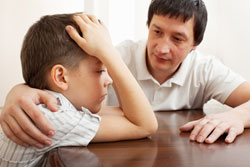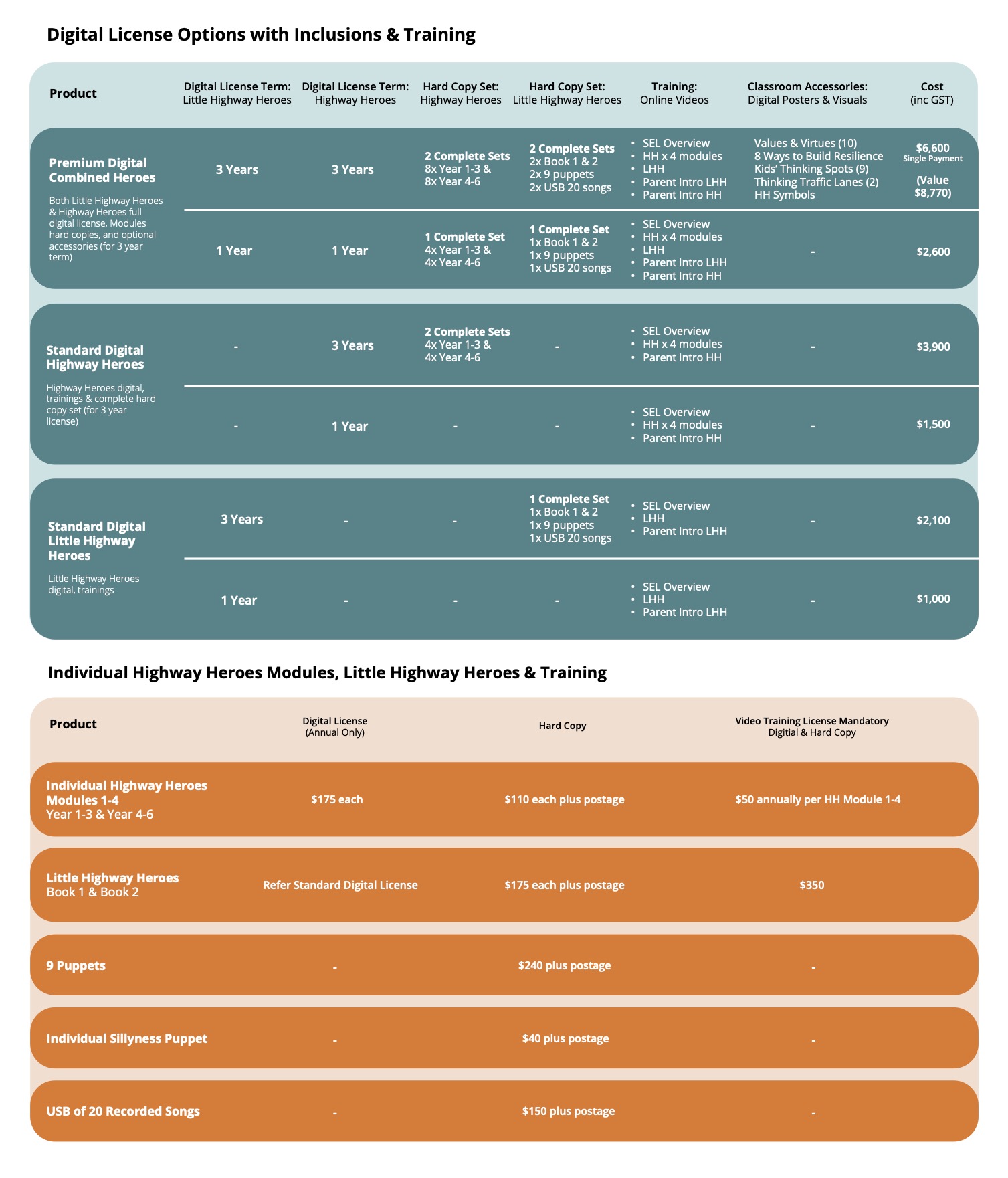Yes, it’s that time of year when schools are winding down, closing up and finishing off. In the past 2 weeks many schools have hosted Graduation Events – primary and secondary at which children achieving a certain academic outcome are awarded and rewarded.
This can be a devastating time for some children who have given it their all, all year long. Who have tried, persisted, given effort – and ended up with no recognition because they are not the academic elite. I remember many years ago my eldest son feeling very depleted at the beginning of the year if a certain child was in his room – who was always going to take out the academic prize. “Why bother?” he asked. We had long discussions about how he was learning for himself and not to get an award – however, the award at the end of the year was a carrot that seemed to be ‘ungettable’ if he had to compete with a child who achieved that award every year.
One thing I ask parents is, at Sports Day, does the child who tried their hardest, trains on the oval after school for weeks preceding the event but still runs outside of the top 4 children get an award? Sadly, the answer is no. Most often that child runs over the line, gets a pat on the back and then returns to the area where the children are seated to await the next event.
So, what’s right and wrong here? It’s unrealistic for every child to get awarded at the Sport’s Carnival and the Graduation Event. Time and resources simply don’t allow for that. Many schools include Citizenship Awards to recognise the child who has given effort and contributed positively to the school and learning community.
And the reality is that this is a reflection of life. You don’t always get awarded for effort put into huge projects. No one ever pops over to give you a medal for being up to date with the washing. You don’t get every job you go for – even if you agonize over your CV and application letter. It’s a fact of life that we have to give effort for ourselves, for our growth, for our own gain – which all too often goes unrecognized.
The training for this begins in the early years of schooling when you comfort a child who wasn’t awarded a leadership position, who didn’t place in a race, whose effort is not recognised at award ceremonies. It’s how we develop resilience – which is the very fabric of a successful life. It’s what gets us back up onto our feet when life deals us a blow (and there’s certainly a few of those to get through). Every time a child is able to cope with disappointment they’re learning. They’re learning that sometimes life really is unfair, that effort goes unrewarded, that goodness doesn’t always trump popularity. And they’re such hard lessons – but such valuable training for life.
So, as educators and parents how do we help our children cope with the disappointment of not getting a badge or an award? Here’s some tips:
- Talk about the possible outcomes before the event. Allow a child to understand that not all children can and will receive an award. This helps a child to consider both outcomes and to start to mentally prepare.
- Build in some Resilient Supa Thinkin (internal dialogue) that a child can say to and about themselves to help manage the disappointment. “I always try hard.” And “I am more than a certificate and more than a badge.” Write this on the bathroom mirror and get your child to say it to themselves over and over.
- Plan your own ceremony to award your child. Make a list of the attributes (not the outcomes) that have helped your child to become successful – like persistence, confidence, giving effort, being kind, helping others and award your child for these. Icecream always helps.
- Have real discussions with your child about your own life experiences. Children learn that parents and teachers experience disappointments – and even though they might hurt at the time, they’re able to move on and be successful anyway. This can be done by parents at home and by teachers leading up to award ceremonies to help children to emotionally prepare themselves.
- Acknowledge your child’s feelings – try not to diminish them. It’s ok for your child to feel sad, let down and disappointed. Help your child to find ways to manage those big feelings so that they don’t become overwhelmed. Encourage them to do something that distracts them, something fun, plan an event, write some goals.
As parents and educators, our most important job is to prepare our children for life. Life has its disappointments and building and banking resilience is the key to flourishing., happiness and success.
You can read more about how to build resilience in children on our website. I would also encourage you to head over to the Resilience Doughnut website www.theresiliencedoughnut.com.au for so much more information about resilience and how to help it to grow and grow in our precious children.


